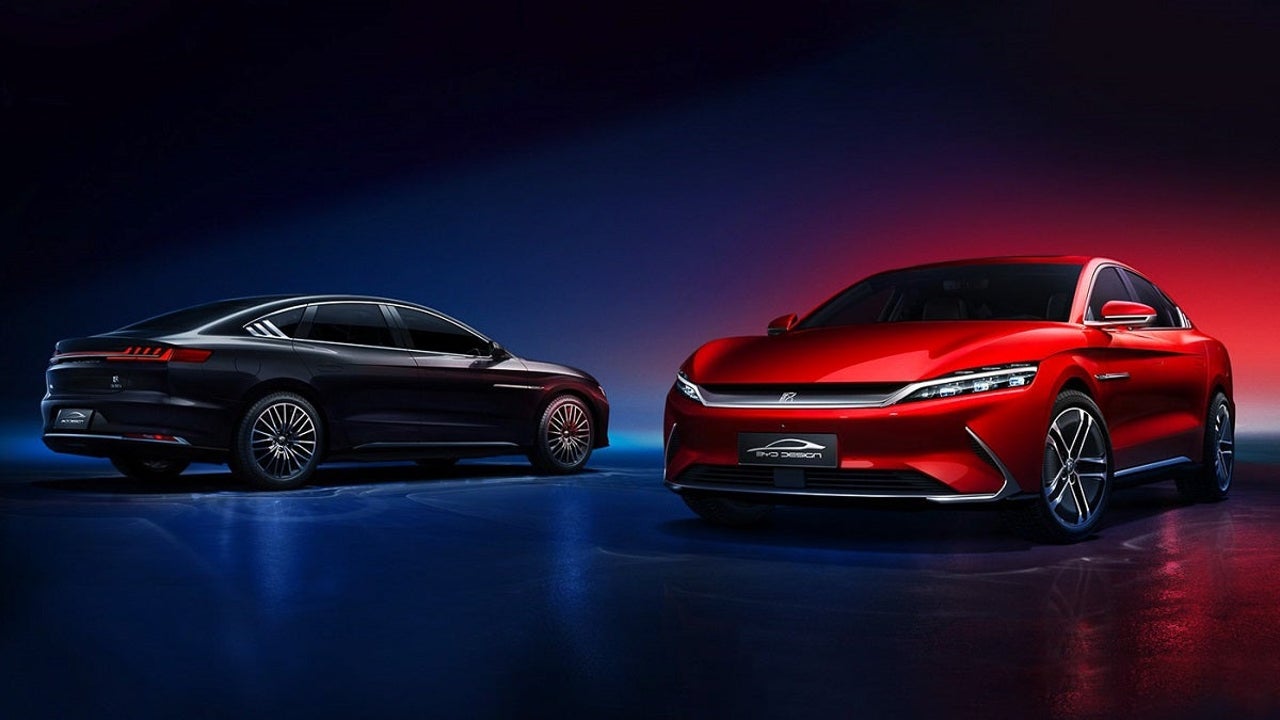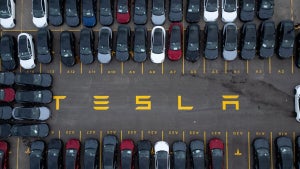BYD surpasses Tesla and the Chinese car market dominates the global landscape
The world's largest auto show opened its doors in Shanghai, showcasing the future of electric vehicles in a context of rising trade barriers affecting China's global ambitions

- April 24, 2025
- Updated: April 24, 2025 at 8:39 AM

The world’s largest automotive exhibition opened this Wednesday in Shanghai, showcasing a vision of the future of electric vehicles amid rising trade barriers that could hinder China’s global ambitions.
With nearly 1,000 exhibitors, foreign brands like Volkswagen and BMW are striving to maintain their position in a market increasingly dominated by Chinese companies, led by BYD.
Volkswagen, the largest foreign group in the country, launched a series of new electric vehicles and a driver assistance system tailored to the Chinese digital ecosystem.
Chinese electric vehicle manufacturers face international challenges
The brand plans to introduce more than 20 electric and hybrid models in China by 2027. For its part, BMW presented its futuristic SUV from the upcoming “Neue Klasse” series, highlighting its commitment to open markets amid the trade tensions that intensified under the administration of Donald Trump.
The event has witnessed a torrent of launches, with crowds gathered at the BYD booth, which showcased several new models, including luxury vehicles under its sub-brand Yangwang. Despite the fierce competition, BYD has seen a notable increase in its sales, surpassing Tesla, which is not present at the event.
Among the more than 300 exhibiting Chinese brands are Nio and Xpeng, which have made significant advancements in technology, such as Nio’s flagship car ET9 and Xpeng’s new battery technology, which promises a range of 420 kilometers in just 10 minutes of charging. However, the saturated market has led to a ruthless price war, where some startups have already closed their doors.
As Chinese manufacturers seek to expand their sales in international markets, they face obstacles such as tariffs and logistical issues, especially in Europe. Nio has acknowledged that it underestimated the difficulties of entering that continent. The complicated post-pandemic recovery in China, along with a decline in domestic consumption, also poses significant challenges for the future of the automotive sector.
You may also like

How to disable Gemini in Google Messages
Read more

Tesla Used Vehicle Prices Plummet Amid Surge in Sellers
Read more

Big Tech under scrutiny: who watches over the big tech companies?
Read more

Gmail has a new tab to manage subscriptions: This is what you can do with it
Read more

Humble Bundle launches a package dedicated to DOOM and Wolfenstein that you won't want to miss
Read more

The former president of Blizzard believes that the remaster of Oblivion cannot compete with games like Elden Ring
Read more